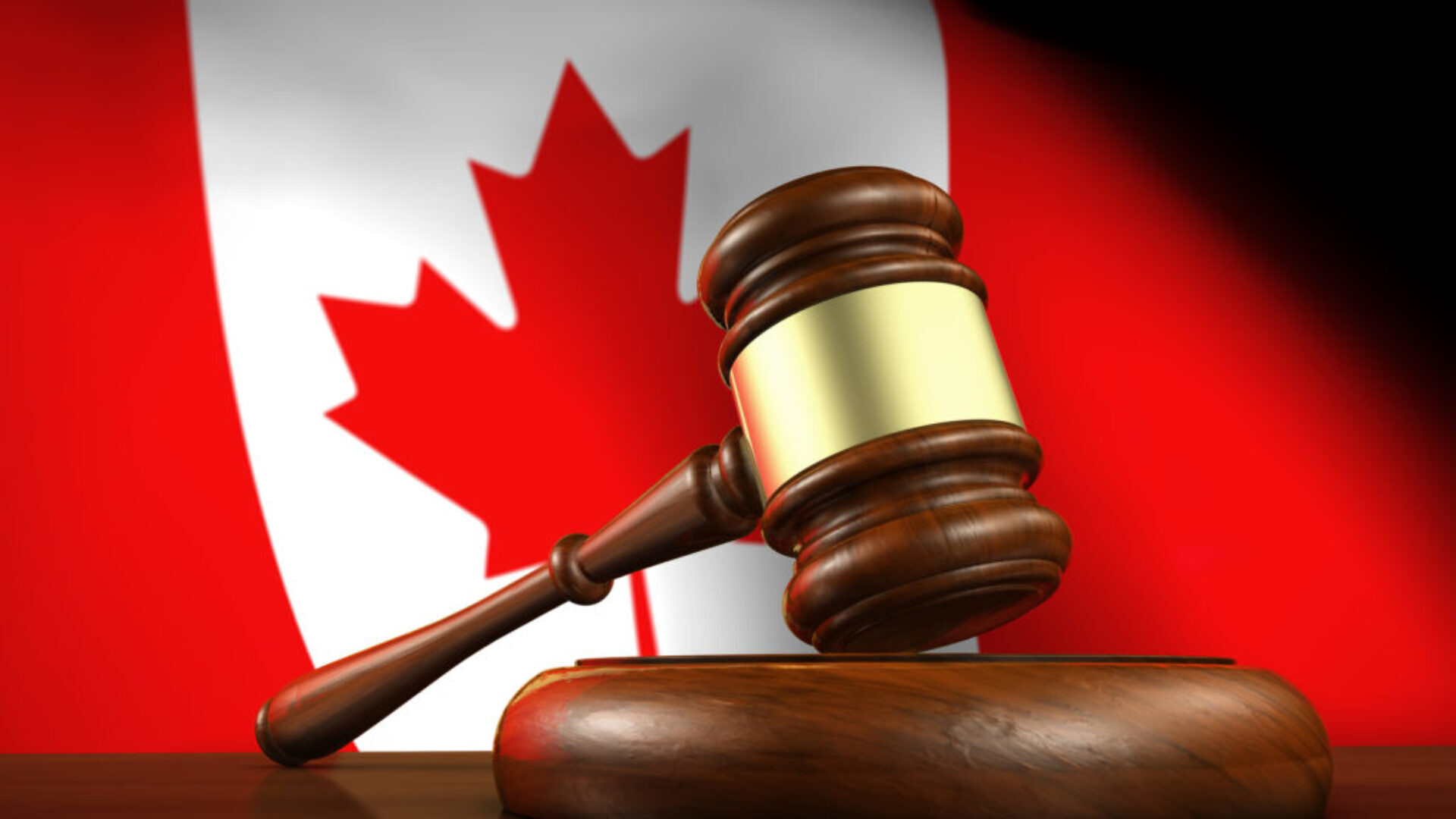Human Rights Watch Canada

Human Rights Watch Canada: An In-Depth Examination
Introduction of Human Rights Watch Canada
Human Rights Watch (HRW) is an international non-governmental organization known for its commitment to advancing and protecting human rights around the world. While HRW conducts research and advocacy globally, it maintains a significant presence in Canada, where it monitors and reports on human rights issues both domestically and internationally. In this 2000-word essay, we will examine the role of Human Rights Watch in Canada and its efforts to promote and protect human rights in the country.
I. Overview of Human Rights Watch Canada
Human Rights Watch is a global organization dedicated to conducting in-depth research and advocacy to protect and promote human rights. Established in 1978, HRW has offices in numerous countries and covers a wide range of human rights issues, including civil and political rights, economic, social, and cultural rights, women's rights, and children's rights.
HRW's mission is to hold governments and other influential actors accountable for their actions and to promote the universal principles of human rights as articulated in international human rights law and norms, such as the Universal Declaration of Human Rights. HRW employs a combination of investigative fieldwork, documentation, and public advocacy to effect change and influence policy decisions.
II. Human Rights Watch in Canada
While HRW primarily focuses on global human rights issues, it also maintains a presence in Canada. The organization's work in Canada is multifaceted and encompasses several key areas:
- Domestic Human Rights Monitoring:
HRW conducts research and advocacy on a range of human rights issues within Canada, including indigenous rights, refugee and migrant rights, LGBTQ+ rights, criminal justice, and discrimination.
- International Human Rights Advocacy:
In addition to its domestic work, HRW leverages its Canadian presence to advocate for international human rights issues. This includes monitoring the Canadian government's foreign policy and actions concerning human rights on the global stage.
- Collaboration and Awareness of Human Rights Watch Canada:
HRW collaborates with Canadian human rights organizations, governments, and civil society to raise awareness of pressing human rights concerns and promote accountability for abuses. This collaboration often includes public events, media engagement, and education.
III. Indigenous Rights
Canada has a long history of mistreatment and discrimination against Indigenous peoples, stemming from colonization and the establishment of the residential school system. HRW's work in Canada includes the monitoring of Indigenous rights and advocacy for justice and reconciliation.
- Indigenous Land Rights:
HRW has been active in advocating for the protection of Indigenous land rights and the fulfillment of treaty obligations. This includes addressing land disputes, resource development projects, and the recognition of Indigenous sovereignty.
- Missing and Murdered Indigenous Women and Girls:
HRW has drawn attention to the ongoing crisis of missing and murdered Indigenous women and girls in Canada, advocating for justice and comprehensive action to address this issue.
- Child Welfare System:
HRW has highlighted the overrepresentation of Indigenous children in the child welfare system and the need to reform this system to ensure that Indigenous families are not unfairly targeted.

IV. Refugee and Migrant Rights
Canada's reputation as a welcoming nation for refugees and asylum seekers is well-documented. HRW plays a vital role in monitoring and advocating for refugee and migrant rights in Canada.
- Asylum Seekers:
HRW has focused on the treatment of asylum seekers in Canada, particularly those who arrive through irregular means. The organization advocates for fair and humane treatment, as well as changes to immigration and refugee policies.
- Detention of Immigrant and Asylum Seekers:
HRW has documented and criticized the detention of immigrant and asylum seekers in Canada, drawing attention to the conditions in detention centers and advocating for alternatives to detention.
- Safe Third Country Agreement:
HRW has raised concerns about the Safe Third Country Agreement between Canada and the United States, which limits the ability of asylum seekers to make claims in Canada if they arrive at an official border crossing from the United States.
V. LGBTQ+ Rights
Canada has made significant progress in recognizing and protecting LGBTQ+ rights. HRW's work in this area focuses on continued advocacy and raising awareness.
- Conversion Therapy:
HRW has joined calls to ban conversion therapy, a harmful practice aimed at changing a person's sexual orientation or gender identity. The organization advocates for comprehensive legislation to prohibit this practice.
- Transgender Rights:
HRW works to promote and protect transgender rights, including advocating for changes in policy and law to recognize and protect the rights of transgender individuals.
- Discrimination and Violence:
HRW monitors and reports on instances of discrimination and violence against LGBTQ+ individuals, working to ensure that the Canadian government takes necessary steps to address these issues.
VI. Women's Rights
Canada has made strides in promoting gender equality, but challenges remain. HRW's work in this area encompasses a range of issues.
- Gender-Based Violence:
HRW advocates for measures to prevent and address gender-based violence, including domestic violence and sexual assault, emphasizing the need for comprehensive support services for survivors.
- Pay Equity:
The organization has called for efforts to address the gender pay gap, arguing for policies that promote pay equity across various sectors.
- Representation in Leadership:
HRW emphasizes the importance of increasing the representation of women in leadership roles, both in politics and corporate settings, to further gender equality.

VII. Racism and Discrimination
Canada, despite its diverse and multicultural society, is not immune to issues of racism and discrimination. HRW's work in this area seeks to address these challenges.
- Anti-Black Racism:
HRW advocates for addressing systemic racism and police violence against Black individuals, emphasizing the need for police reform and greater accountability.
- Islamophobia:
The organization works to combat Islamophobia, particularly in the wake of hate crimes and discriminatory incidents targeting Muslim communities.
- Indigenous Discrimination:
HRW continues to shed light on discrimination against Indigenous peoples in Canada, advocating for the protection of their rights and a commitment to reconciliation.
VIII. Freedom of Expression and Media
Canada is known for its respect for freedom of expression, but challenges persist. HRW's work in this area centers on issues of media ownership and online hate speech.
- Media Ownership:
HRW has raised concerns about media ownership concentration in Canada, which can limit the diversity of voices and perspectives in the media landscape.
- Online Hate Speech:
The organization advocates for a balance between preserving freedom of expression and combating online hate speech, which poses a challenge to human rights.

IX. Climate Change and Environmental Rights
The intersection of climate change and human rights is of growing concern, and HRW highlights the implications of climate change on vulnerable communities, both domestically and globally.
- Indigenous Rights and Environmental Protection:
HRW emphasizes the protection of Indigenous communities' rights, particularly in the context of resource development and environmental degradation. The organization calls for a balanced approach that respects Indigenous rights while addressing environmental concerns.
- Climate Justice:
HRW's work on climate justice advocates for effective climate change policies and international cooperation to mitigate climate impacts. The organization monitors the Canadian government's commitments to reduce emissions and transition to a low-carbon economy.
X. Conclusion
Human Rights Watch plays a vital role in promoting and protecting human rights in Canada. The organization's work extends across various issues, including Indigenous rights, refugee and migrant rights, LGBTQ+ rights, women's rights, anti-racism efforts, freedom of expression, and environmental justice. HRW's presence in Canada contributes to accountability, awareness, and advocacy, pushing for positive change in the country and beyond.
While Canada has made significant progress in many areas of human rights, ongoing challenges, such as the treatment of Indigenous peoples and discrimination against marginalized communities, require sustained effort. HRW's continued commitment to these issues in Canada reflects the broader global mission of the organization: to ensure that human rights are upheld and respected for all, without exception.
In case, if you need Help with Refugee Application in Canada, please fill in Application below or contact us directly.


